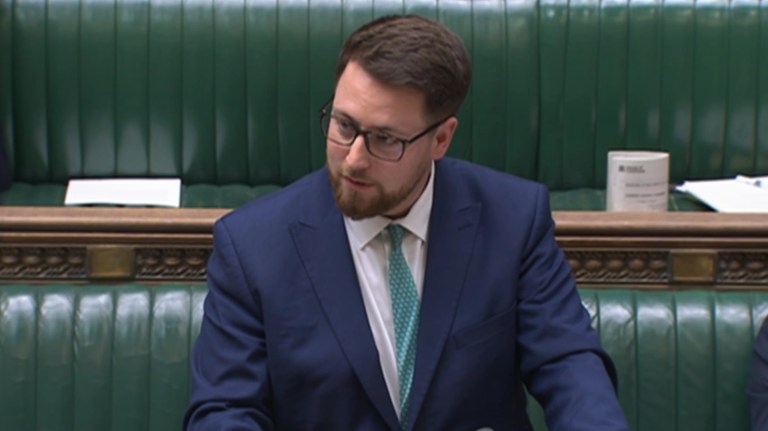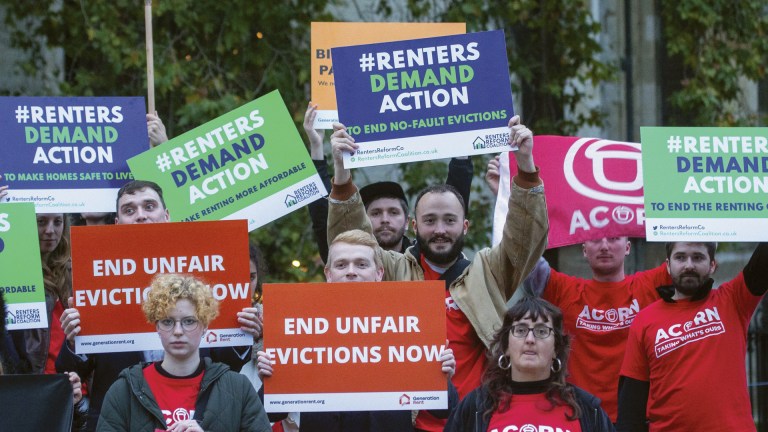The biggest council house landlords in England have warned the future of social housing delivered by local authorities is “under threat” due to the local government funding crisis.
The leaders of 16 Labour, Conservative and Liberal Democrat-led authorities – with each managing around 20,000 homes each – met for a first-of-its-kind summit to discuss the future of council housing on Tuesday (12 March).
Councillors will attempt to come up with a comprehensive plan to fix a broken financial model and enable councils to play their part in addressing the national housing crisis, with their findings to be laid out in a major report later this year.
The move comes as several councils have asked for government support with the growing costs of homelessness, even warning that paying for an increasing number of families living in temporary accommodation is leaving them at risk of bankruptcy.
Councillor Kieron Williams, leader of Southwark Council, said: “Council homes provide affordable and decent homes to our communities and are a critical foundation for a good life. This cross-party strength of feeling must send a warning to the government that we have now reached a critical point and the future of council housing in England is under threat.
“In Southwark, it is our top priority to deliver the new homes our community needs and the critical upgrades to keep our existing residents safe, comfortable and warm. Our national leaders all talk about the importance of council homes to our country, but they are making it impossible for us to deliver our ambitions. However, this summit will agree a pragmatic and practical plan for a new financial settlement with government that will get us back on track.”









